A plaintiff will not prevail on a claim against a liquor licensee simply by proving the defendant sold, furnished, or served alcohol. In order to succeed, a plaintiff must prove the alcohol was served to an “obviously intoxicated” or underage person. That is due to the recent decision in Torres, et. al. v. JAI Dining.[i] The Court of Appeals held that A.R.S. § 4-311(B) expressly preempts claims of common law negligence and dram shop liability.
Background
Under A.R.S. § 4-311, a liquor licensee is liable for property damage, personal injury, or wrongful death, if (1) it sells alcohol to an “obviously intoxicated” or underage person, (2) the person consumes the alcohol, and (3) the consumption of alcohol is the proximate cause of the property damage, injury, or death. [ii] A licensee is not, however, liable for damage, injury, or death allegedly caused, in whole or in part, by reason of the sale, furnishing or serving of spiritous liquor under A.R.S. § 4-311(B).[iii]
Holding
In Torres, the plaintiffs sued JAI Dining under common law theories of negligence and dram shop liability, and under A.R.S. § 4-311. Defendant had returned home safely after drinking and decided to drive again hours later, causing a deadly accident. The jury found in favor of the plaintiffs on the common law claims and for JAI on the statutory claim. Plaintiff was awarded $2,000,000.00 and percent of the fault was apportioned to JAI. JAI appealed, arguing that the common law claims were preempted by the statue.
Under common law, there was no liability for injuries sustained by third parties off-premises caused by an intoxicated patron even if the tavern owner’s negligence in serving the patron was a contributing cause of the accident.[iv] In 1983, the Arizona Supreme Court abolished the common law doctrine of tavern owner non-liability and invited the legislature to enact statutes addressing the change should it desire to do so. The court found the liquor industry was not exempt from ordinary liability and noted the legislature could confer a special benefit upon the liquor industry by exempting it from ordinary liability should it so choose.
Three years later, the legislature enacted A.R.S. §§ 4-311 and 4-312, which codified a dram shop cause of action against sellers of alcohol. Liquor licensees in Arizona have long argued that these statutes preempted common law liability and replaced it with a statutory liability scheme. The courts, however, raised the issue of whether the anti-abrogation clause of the Arizona Constitution protected the common negligence claim.[v]
In Young, a case in which a plaintiff sued a bar owner for injuries sustained in a motor vehicle accident caused by an intoxicated patron, a panel of the Court of Appeals ruled that the statutory scheme unconstitutionally abrogated the common law action for plaintiffs who could demonstrate that the licensee knew, or should have known, the patron was intoxicated.[vi] In 1999, the Arizona Supreme Court held the anti-abrogation clause of the constitution does not extend protection to all torts, only those that existed at common law, or evolved from a recognized common law right to recover.[vii] In 2003, the Arizona Supreme Court clarified that the right to recovery had to exist at the time Arizona achieved statehood to be protected by the anti-abrogation clause.[viii]
Dram shop negligence actions in Arizona were rejected at common law, then judicially recognized and later addressed by the legislature. Therefore, pursuant to Cronin and Dickey, the Court of Appeals in Torres concluded the statutory liability scheme did not violate the anti-abrogation clause.
Takeaway
The court held the statute does not run afoul of the anti-abrogation clause of the Arizona Constitution because dram shop liability claims did not exist at common law in 1912, when Arizona became a state. As a result, a plaintiff may not bring claims of common law negligence or dram shop liability against a liquor licensee. To succeed in a dram shop claim, plaintiff must prove more than that the defendant sold, furnished or served alcohol. Plaintiff must prove the alcohol was sold to an “obviously intoxicated” or underage person. This holding is significant because it makes it more difficult for a plaintiff to bring a claim against a liquor licensee – simple negligence is not enough upon which to sustain a claim.
[i] No.1 CA-CV 19-0544 (Ct. App. 2022).
[ii] A.R.S. § 4-311
[iii] A.R.S. § 4-311(B)
[iv] Ontiveros v. Borak, 136 Ariz. 500, 504 (1983) (citations omitted)
[v] Church v. Rawson Drug & Sundry Co., 173 Ariz. 342, 345-46 (App. 1992)
[vi] Young v DFW Corp., 184 Ariz. 184 (App. 1995)
[vii] Cronin v. Sheldon, 195 Ariz. 531 (1999)
[viii] Dickey v. City of Flagstaff, 205 Ariz. 1 (2003)
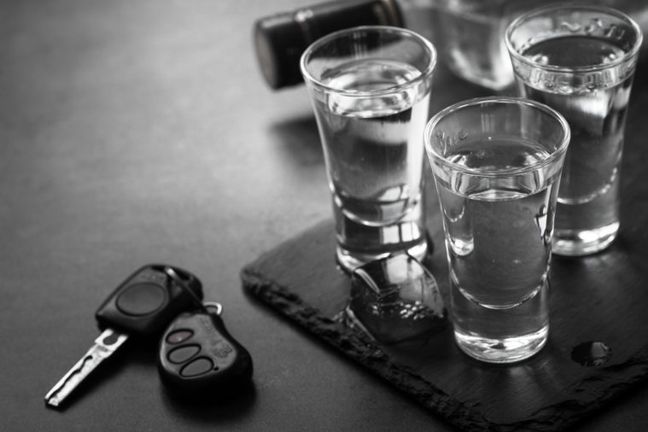
 Author: Maria Regina Kupillas
Author: Maria Regina Kupillas
 Editor: Grace Shuman
Editor: Grace Shuman
 Cannabis Workers Allege Quota to Trim 4 Pounds a Day Violates the California Labor Code
Cannabis Workers Allege Quota to Trim 4 Pounds a Day Violates the California Labor Code
 The Ninth Circuit Reminds Us: Every Word Matters
The Ninth Circuit Reminds Us: Every Word Matters
 NO WAY, PRO SE! The Consequences of Abusing the Judicial System as a Pro Se Litigant in Colorado
NO WAY, PRO SE! The Consequences of Abusing the Judicial System as a Pro Se Litigant in Colorado
 Victim of Financial Mismanagement or Unlawful Retaliation? New Jersey City University Program Founder Claims School Retaliated After Reporting Alleged Sexual Harassment
Victim of Financial Mismanagement or Unlawful Retaliation? New Jersey City University Program Founder Claims School Retaliated After Reporting Alleged Sexual Harassment
 “Real Housewives” Gets a Reality Check
“Real Housewives” Gets a Reality Check
 Missing a Chapter: Insufficiency of Expert Deposition Testimony in Medical Malpractice Litigation
Missing a Chapter: Insufficiency of Expert Deposition Testimony in Medical Malpractice Litigation
 Crash Course: Why Summary Judgment Misses the Mark in Illinois Multi-Cause Limousine Crash Collision
Crash Course: Why Summary Judgment Misses the Mark in Illinois Multi-Cause Limousine Crash Collision
 Bitter Truths: Lead, Cadmium, and Defective Pleadings in California Chocolate Class Action
Bitter Truths: Lead, Cadmium, and Defective Pleadings in California Chocolate Class Action
 The Law of Unintended Consequences: Including Insurance Brokers in Litigation Strategy Communication May Waive the Attorney-Client Privilege
The Law of Unintended Consequences: Including Insurance Brokers in Litigation Strategy Communication May Waive the Attorney-Client Privilege
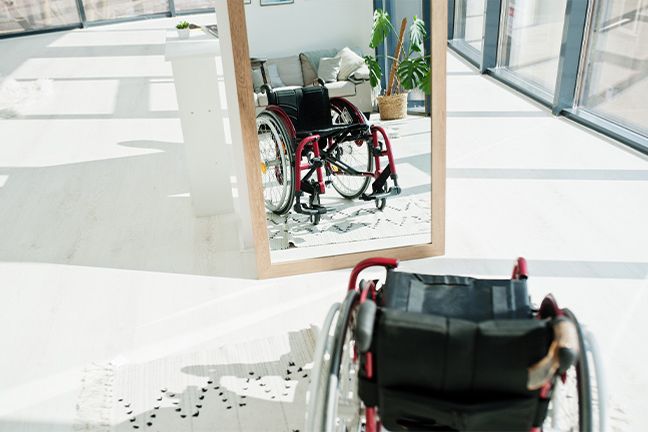 An Employer Can Benefit from Being the Most Reasonable Person in the Courtroom
An Employer Can Benefit from Being the Most Reasonable Person in the Courtroom
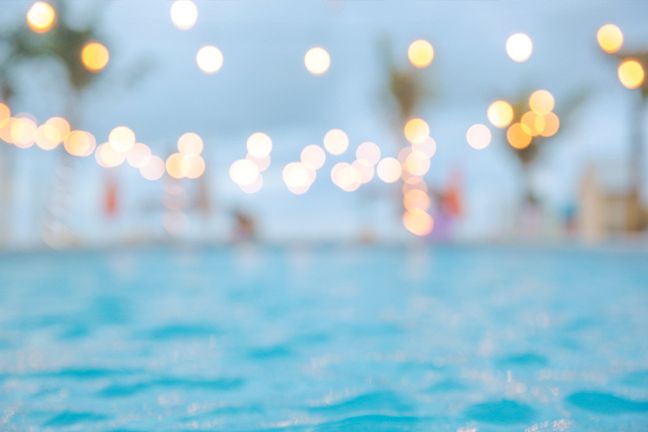 The Party Who Controls the Narrative Controls the Outcome in Trial
The Party Who Controls the Narrative Controls the Outcome in Trial
 $1.75 M Settlement Ends EEOC Claim
$1.75 M Settlement Ends EEOC Claim
 Pandemic Nightmare: Horse Racing Track Wants Coverage for COVID Business Losses
Pandemic Nightmare: Horse Racing Track Wants Coverage for COVID Business Losses
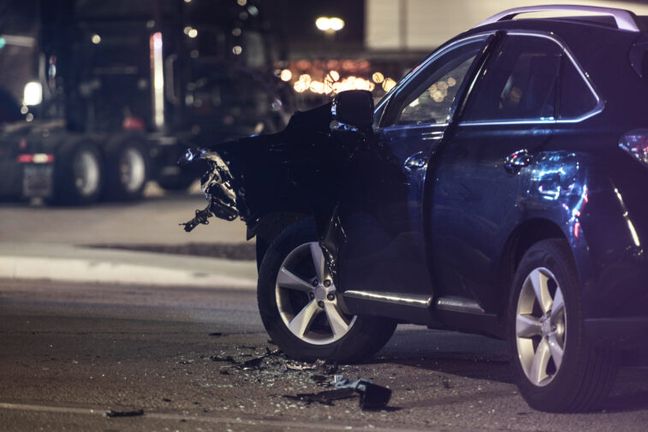 I (May) Survive: A Respondeat Superior Claim May Survive Despite Dismissal of a Claim Against an Employee
I (May) Survive: A Respondeat Superior Claim May Survive Despite Dismissal of a Claim Against an Employee
 Arizona Construction Lenders Beware – You Might Not Be Insured Against a Senior Mechanics’ Lien!
Arizona Construction Lenders Beware – You Might Not Be Insured Against a Senior Mechanics’ Lien!
 Arizona Court of Appeals Insulates County from Liability for Deputy Sheriff’s Negligence
Arizona Court of Appeals Insulates County from Liability for Deputy Sheriff’s Negligence
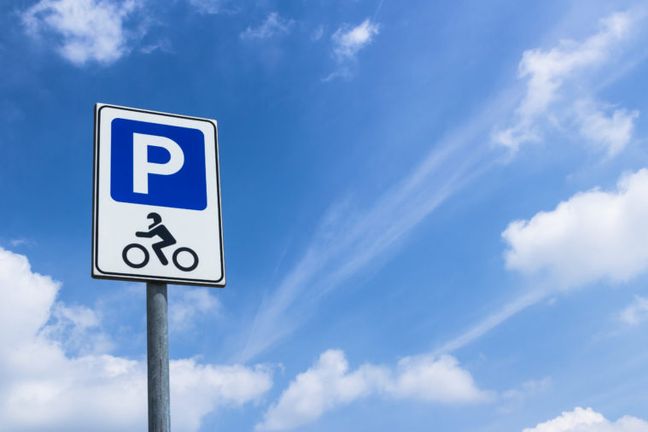 Arizona Court of Appeals Clarifies the Burden of Proof in a Motion for Summary Judgment
Arizona Court of Appeals Clarifies the Burden of Proof in a Motion for Summary Judgment